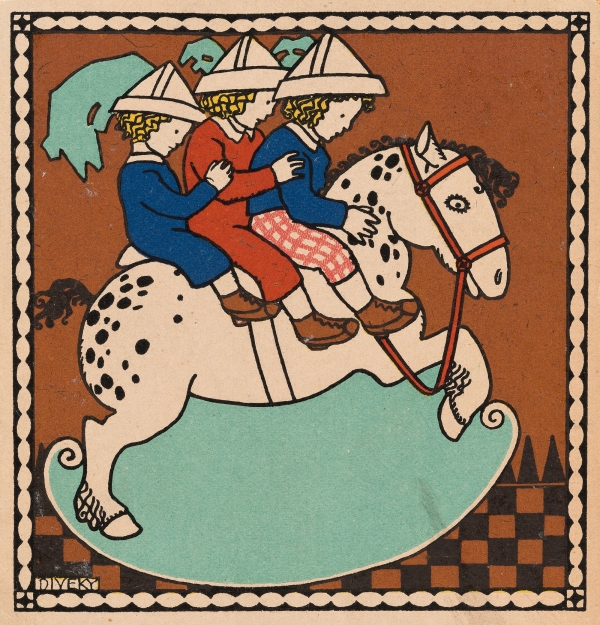Kunst – Spiel, Kunst – Werk, Spiel – Kunst
The 2023
DiGRA International Conference in Seville
Cultural Studies
Organized by Florian Bettel, Mathias Fuchs, Margarete Jahrmann
When we theorize about games and
art in German we use terms that lack an unequivocal translation into the English language. The concepts underlying these terms
differ as well from the concepts underlying corresponding concepts in the Anglo-American world. Take the word “art” or “artist”
for example. A game artist can be seen as “a generalist animator and 3D modeller who creates both 2D and 3D art for video
games.” (www.cgspectrum.com) This corresponds by no means to the concept of the German “Künstler”. Also, the process of producing
game art has been described as “working from design briefs and concept art,” whereas the understanding of “Kunstschaffen”
would never be understood as working from briefs, but rather as creating conceptual frameworks via artworks. The situation
is equally tricky when using “Spiel” instead of “game”. The English language differentiates between game and play, whereas
Germans use one word “Spiel” for both of them.
Against this background
of the ambiguity of terms we will focus in the workshop on the issue of games as art. There is a tradition of artworks using
games or game engines that can be traced back to the late 1990s with positions and ludic strategies developed by Tilmann Reiff
and Volker Morawe, Axel Stockburger, Margarete Jahrmann, Bjørn Melhus, Max Moswitzer, Peter Kogler, fuchs-eckermann, and many
others. These artists from Austria, Germany and Switzerland have been showcased in exhibitions in Vienna (1998), Dortmund
(2003), Völklingen (2003–2004), Aachen (2005–2006), Vaduz (2005) and Berlin (2005–2006). Recent game art performances have
been staged at University of Applied Arts and elsewhere, e.g. “Follow the White Rabbit through the Labyrinth” (hybrid ludic
collage 2022).
It is also interesting to see, that studies of games in the German speaking countries have initially been
undertaken in art colleges and the academies and only much later and to a lesser degree in the academic context of universities.
Why that is has to be discussed in the workshop. Tilman Baumgärtel gives at least one possible explanation, when he hints
that “[…] the combination of performance and moving images, sound and music with interaction, they [the games] are a contemporary
form of the ‘dream of the total art work’ […]” (2003: 101).
A workshop by the DiGRA chapter of the German-speaking
countries (Florian Bettel/Univ. of Applied Arts Vienna, Mathias Fuchs/Leuphana University Lüneburg, Margarete Jahrmann/Univ.
of Applied Arts Vienna, Hartmut Koenitz/Södertörns högskola Stockholm, Lies van Roessel/ Martin-Luther-University Halle-Wittenberg,
René Bauer/ZHdK – Zürcher Hochschule der Künste, Kato Hiloko/University of Zürich, Roman Kirschner/ ZHdK).
Date:
June 19, 2023, 10:00–13:00
Venue: Universidad de Sevilla, Spain
For more information see: https://base.uni-ak.ac.at/showroom/boEt3eC8MMXiAkKyU42rkR/ 



